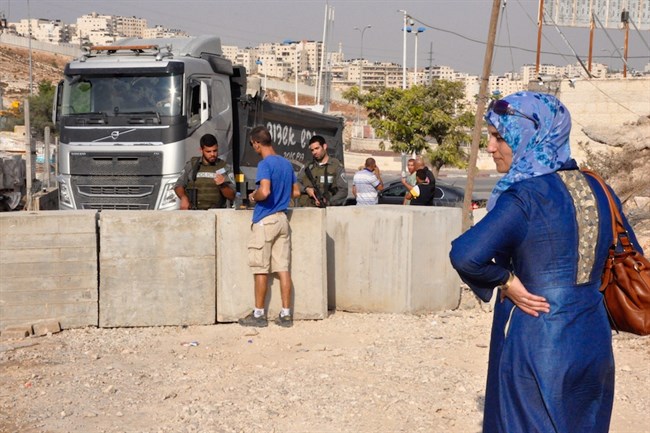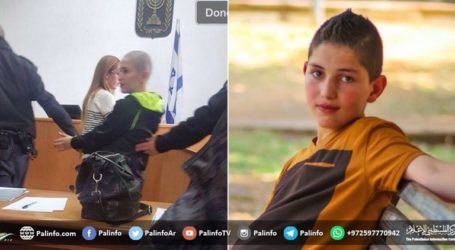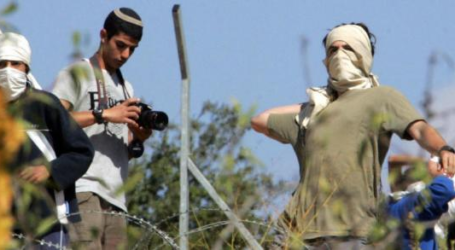Israel Closes Main Road to Jerusalem-Area Village for 6th Consecutive Day


Bethlehem, 19 Rabiul Awwal 1438/19 December 2016 (MINA) – The mayor of Hizma in the Jerusalem district of the occupied West Bank told Ma’an on Sunday that the economic situation of the village had seriously deteriorated, as Israel has continued to enforce a closure on Hizma’s main entrance for the sixth day in a row, Ma’an News reported.
Israeli forces installed concrete blocks and dirt barriers at the main entrance to the village last week as a punitive response to alleged stone throwing incidents from the village youth, according to Mayor Muwaffaq al-Khatiq.
Thousands of vehicles typically pass through Hizma every day since it connects the southern West Bank to the north.
“This continuous closure affects people’s lives and their freedom of movement,” said al-Khatiq, explaining that many villagers earn their living from shops and stores in the town, where business has since been cut off from daily commuters passing through.
An Israeli army spokesperson said they were looking into reports.
Hizma, a town of approximately 8,000 residents and an area of 18,000 dunams, is located in Area B — the some 22 percent of the occupied West Bank under shared Israeli military and Palestinian civil control under the Oslo Accords.
The village was also placed under a military closure by Israeli forces for several weeks in August and September.
Arbitrary punishment
Hizma is among a number of towns across the West Bank that is targeted by near-daily, often violent overnight detention raids that spark clashes with local youth who throw stones, with Israeli soldiers shooting rubber-coated steel bullets, tear gas, and even live fire.
Meanwhile, Palestinians accused of stone throwing, or those accused of being affiliated with stone throwers, face arbitrary punishments in the form of road closures and the sealing of entire villages, resulting in serious economic consequences and effects on mobility that rights group have labeled “collective punishment,” representing a clear violation of international law.
Since a wave of unrest began last year in October, at least 66 Palestinians have been shot dead by Israeli forces during clashes, police and army raids — as 19-year-old Ahmad Hazem Ata al-Rimawi was shot and killed by Israeli forces early Sunday morning after he was said to being throwing stones.
The previous day, a funeral was held in the southern occupied West Bank village of Beit Ummar, after Israeli authorities returned the body of 15-year-old Khalid Bahr, whom they had shot and killed on Oct. 20 in the village for allegedly throwing stones, through an internal Israeli army investigation later revealed that the lives of Israeli soldiers were not at risk when they killed the boy.
In addition to being targeted by excessive — and often lethal — use of force from Israeli forces, Palestinian stone throwers face harsh penalties by Israeli authorities, with Israel passing a law last year mandating 20 years in prison if charged with throwing stones at vehicles and a minimum prison sentence of three years for throwing a stone at an Israeli. (T/R07/R01)
Mi’raj Islamic News Agency (MINA)





